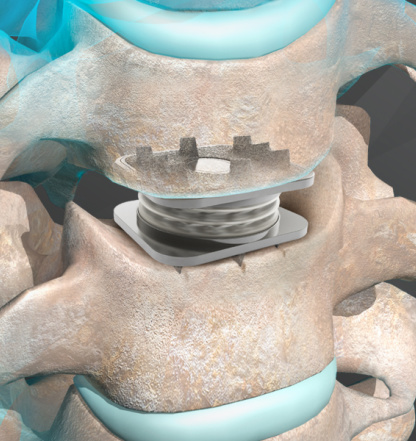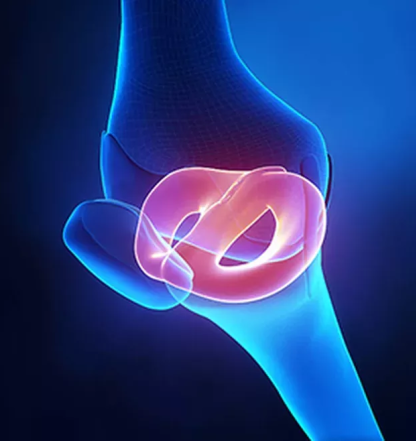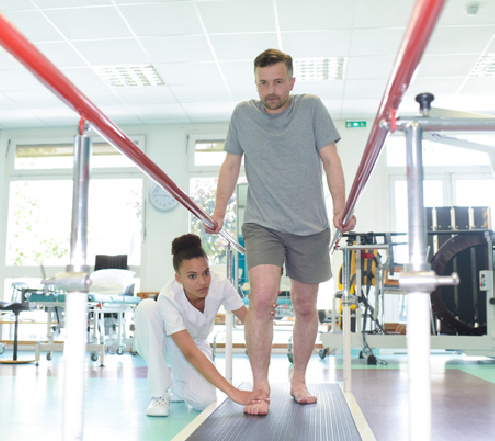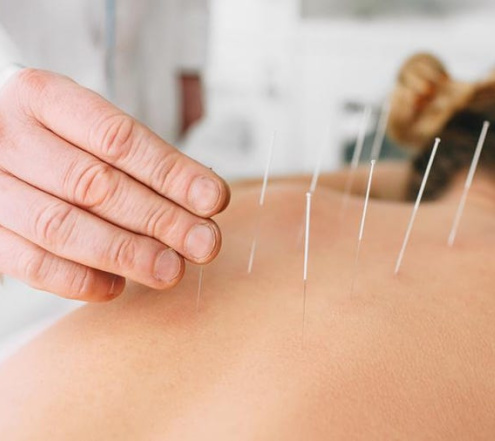If you have Carpal Tunnel Syndrome, you may be experiencing numbness, tingling, and pain in your hand and forearm due to the median nerve being squeezed or compressed in your wrist. We offer non-surgical options to treat help alleviate this pain, but if the pressure does not subside it can lead to nerve damage. We offer consultations to see what your best options are to treat your carpal tunnel syndrome and reducing your pain so you can get back to the activities you enjoy. To schedule an appointment, call one of the seven offices in Atlanta, Savannah, Conyers, Augusta, Macon, and Decatur, Georgia, or book an in-person or telemedicine appointment online today.
What is the carpal tunnel?
The carpal tunnel is the narrow passageway in the wrist measuring about an inch wide. The carpal bones are small wrist bones that consist of the floor and sides of the tunnel that is created by the placement of the bones. The transverse carpal tunnel ligament is the strong band of connective tissue that forms the roof of the tunnel.
Inside the carpal tunnel lives the median nerve, one of the main nerves of the hand. The median nerve starts as a group of nerve roots in the neck and transverses down the upper arm, across the elbox, and into the forearm where it then passes through the carpal tunnel at the wrist and makes it way through the hand and fingers. The median nerve then branches off in the palm into the fingers and controls the muscles around the base of the thumb.
To flex your hand, you have nine tendons that help move your fingers and thumb called felxor tendons. These tendons also connect through your carpal tunnel.
What is carpal tunnel syndrome?
If you have carpal tunnel syndrome, you may experience the following in your hand or forearm:
- Numbness
- Tingling
- Pain
- Weakness or clumsiness
- Burning sensation
- Shock-like sensation
- Dropping items
These symptoms can occur due to the carpal tunnel becoming narrowed or when the tissue surround the flexor tendons swells putting pressue on the median nerve and reducing its blood flow.
What is the treatment for a torn rotator cuff?
Non-surgical modalities to treat a torn rotator cuff are rest, steroid injections, strengthing exercises, stretching, and nonsteroidal anti-inflammatory medicines. If these modalities do not relieve your pain, it may be time to talk to our board-certified surgeons about cuff rotator repair surgery.
What are the risk factors that cause carpal tunnel syndrome?
There are many factors that can cause carpal tunnel syndrome and even a combination of the following is possible:
- Genetics
- Repetitive hand use
- Hand and wrist position
- Pregnancy
- Prior health conditions such as diabetes, rheumatoid arthritis, and thyroid gland imbalance
How do you treat carpal tunnel syndrome?
It is imperative to get evualted and diagnosed early since it is possible to slow or stop progression of the disease. To properly assess carpal tunnel syndrome, you will recieve a physical exam in your hand and forearm for signs of tingling, weakness, sensitivity, and atrophy. From there, there are multiple tests that can be run to determine the severity of the issue.
There are many non-surgical options such as bracing, splinting, nonsteriodal anti-inflammatory drugs, activity changes, nerve gliding exercises, steroid injections, and acupuncture. However, if these modalities do not reduce the pain, there are surgical options, as well such as open or endoscopic carpal tunnel release.
If you need your forearm and hand assessed for carpal tunnel syndrome and treatment, please consult our orthopedic specialists at Spine Center Atlanta. Call the nearest office or book an appointment online today.






























